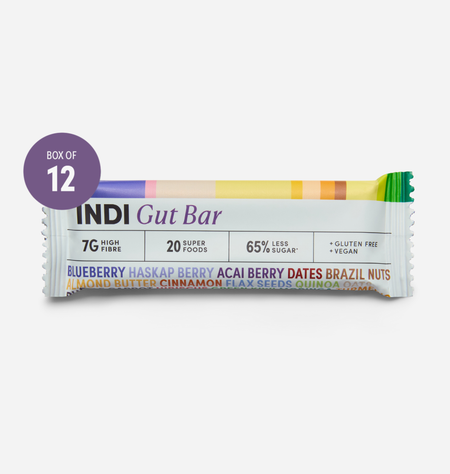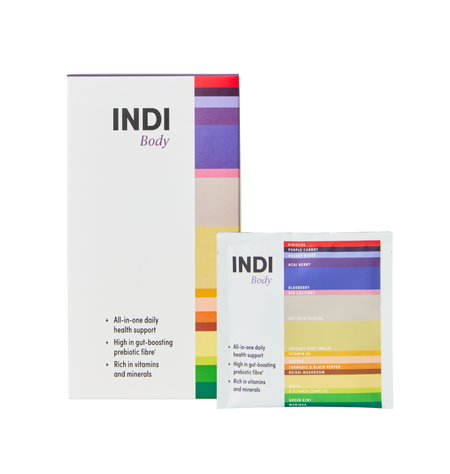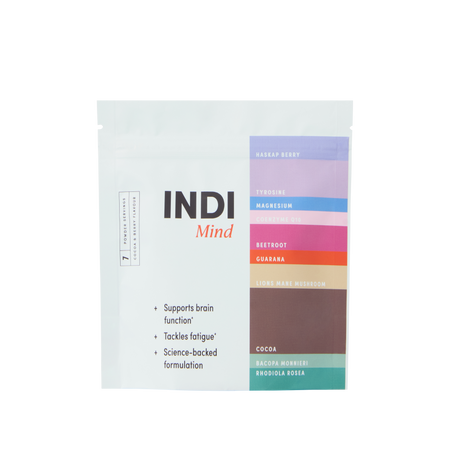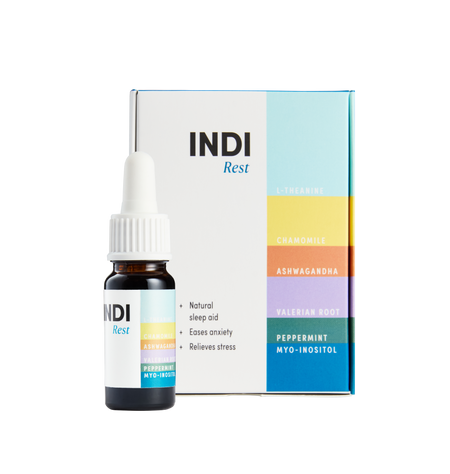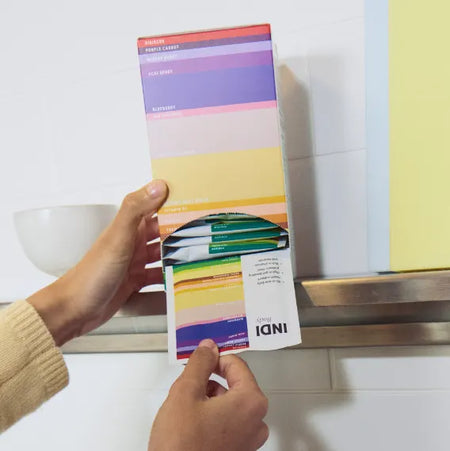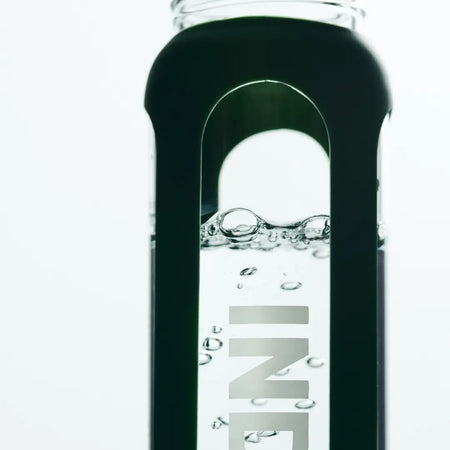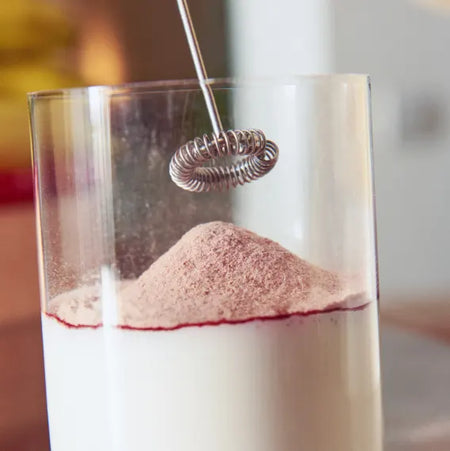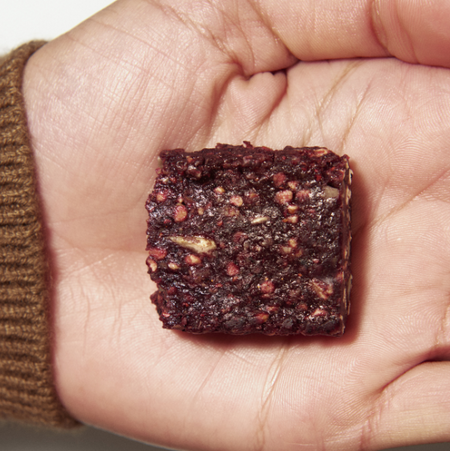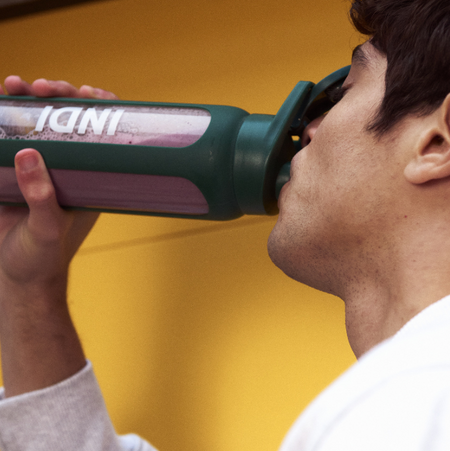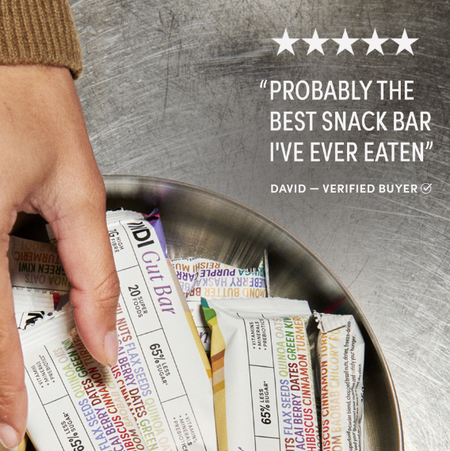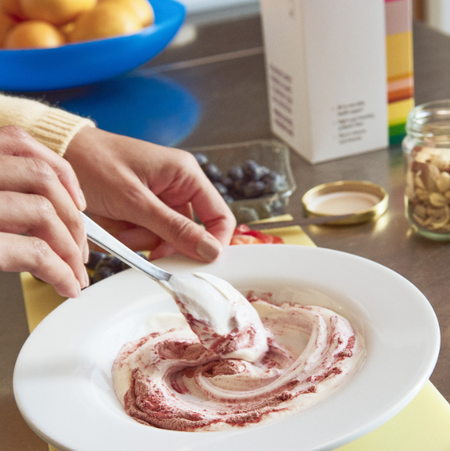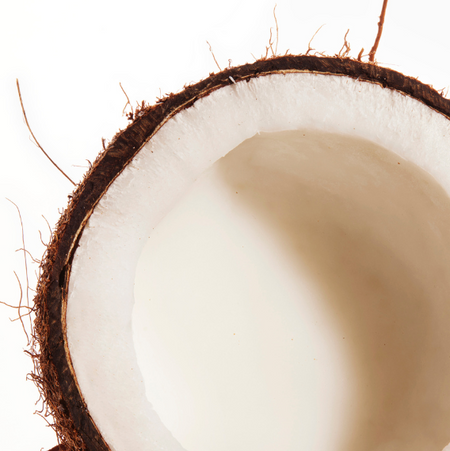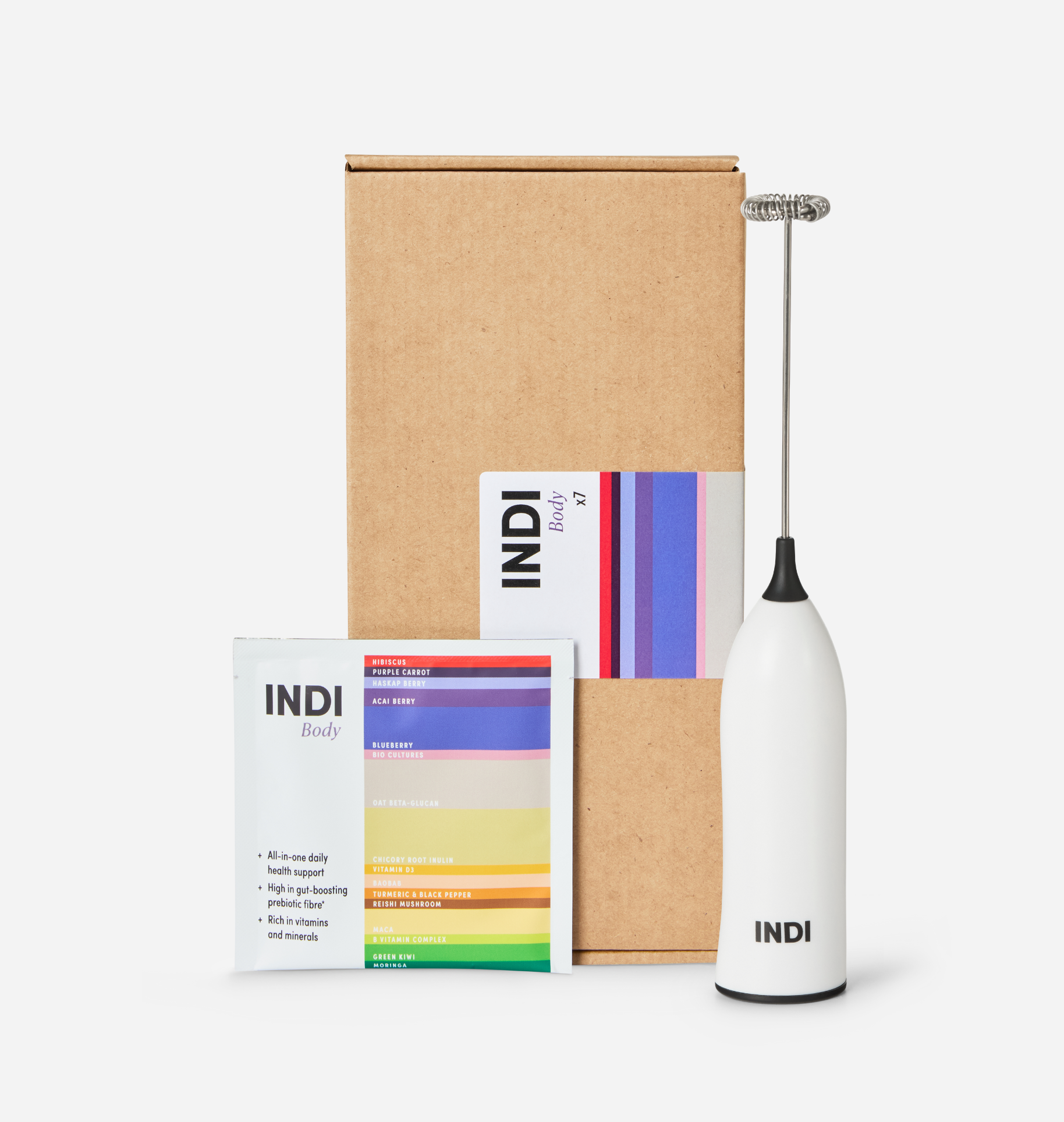Talia Engel is INDI’s in-house Registered Nutritionist. She has a Nutrition master’s degree from King’s College London and is a member of the Association for Nutrition.
Surprising truths about supermarket staples
Supermarkets are places we visit all the time, but there’s often more than meets the eye. Clever marketing—and even what we see on social media—can make things confusing. Here are four truths to keep in mind next time you’re choosing your groceries:
1. "LOW-FAT" SNACKS
Many of us are drawn to low-fat/fat-free snacks because they sound like a healthier option. However, these products often contain added sugar or artificial ingredients to make up for the lack of fat and flavour. In fact, these marketing halos like "low-fat" can sometimes be a red flag rather than a sign of a healthier snack. Fat is an essential nutrient, and many whole foods like avocados, nuts and seeds are healthy sources of fat that our bodies need for proper function. Instead of relying on low-fat snacks, try focusing on snacks made with whole, natural ingredients (like the INDI Gut Bar).
2. "FRESH" VS "FROZEN"
When we think about fresh vs. frozen fruit and vegetables, we often assume that fresh is always the better choice. But surprisingly, frozen fruit and vegetables can sometimes be the superior option, nutritionally speaking. Fruit and vegetables are typically frozen shortly after harvest, which means they retain more of their vitamins and nutrients. On the other hand, fresh fruit and vegetables can lose some of their nutritional value during transportation, storage and time spent sitting on supermarket shelves. Try adding more frozen fruit and vegetables to your meals. You can add frozen fruit to yoghurt, chia pudding or stir into warm porridge and you can add frozen vegetables straight into a pan to boil or straight into a stir fry with a nice drizzle of olive oil.
3. "SOURDOUGH" BREAD
Think you're getting gut-friendly sourdough? Not always. Many supermarket versions use added yeast, vinegar or citric acid to mimic the taste, skipping the traditional fermentation that gives real sourdough its gut-friendly benefits. True sourdough takes time to ferment, which helps break down gluten and phytic acid, making it easier to digest and improving mineral absorption. To spot the real deal, check the ingredients: it should list just flour, water, salt and a sourdough starter—no added yeast or preservatives.
4. "FERMENTED FOODS"
Not all foods labeled “fermented” actually contain live, beneficial bacteria. Many shelf-stable pickles and sauerkrauts are heat-treated (pasteurized), which kills off beneficial bacteria. For gut-friendly options, stick to refrigerated items that say “raw,” “unpasteurized,” or “contains live cultures.” Research shows that live fermented foods can support digestion and a healthy microbiome—but only if those microbes are still alive when you eat them.
By reading labels and understanding what’s really in your food, you can make more informed (and healthier) choices when you shop. But it’s just as important not to obsess over every ingredient or label—a balanced mindset matters more than perfection. If you’d like to learn more about finding that balance, read Dr Linia's blog: "How to keep UPFs in check (without losing your mind)".
Gut Bars
Raw fruit superfood snack
from £20.00
A delicious, chewy, nutty, daily hit of gut-boosting greatness. 12x 35g per box.
